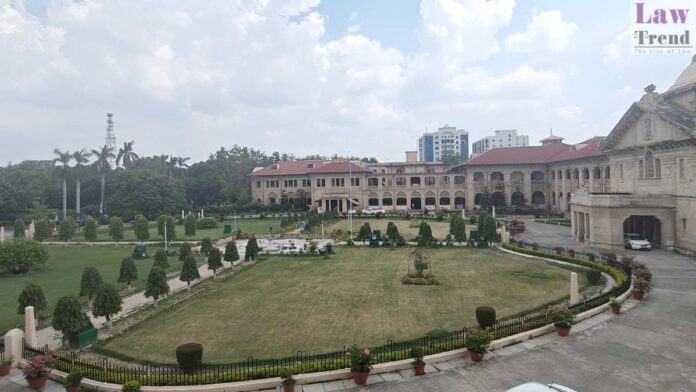The High Court of Judicature at Allahabad has acquitted a man convicted of kidnapping and raping a minor, holding that the prosecution failed to establish that the girl was “taken or enticed” away from her lawful guardianship. The Court, presided over by Justice Anil Kumar-X, further ruled that the charge of rape was not sustainable
To Read More Please Subscribe to VIP Membership for Unlimited Access to All the Articles, Download Available Copies of Judgments/Order, Acess to Central/State Bare Acts, Advertisement Free Content, Access to More than 4000 Legal Drafts( Readymade Editable Formats of Suits, Petitions, Writs, Legal Notices, Divorce Petitions, 138 Notices, Bail Applications etc.) in Hindi and English.




